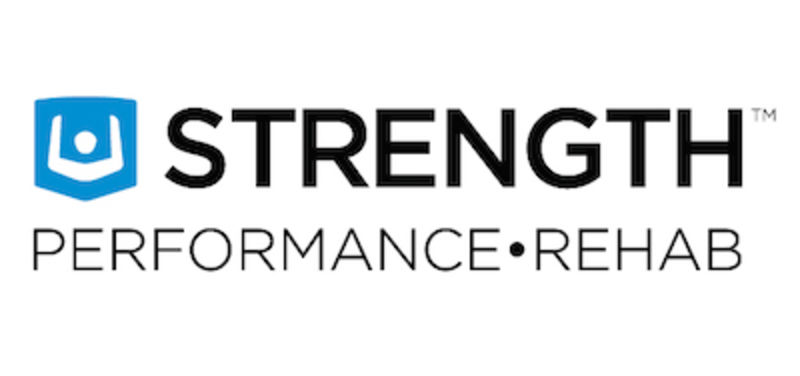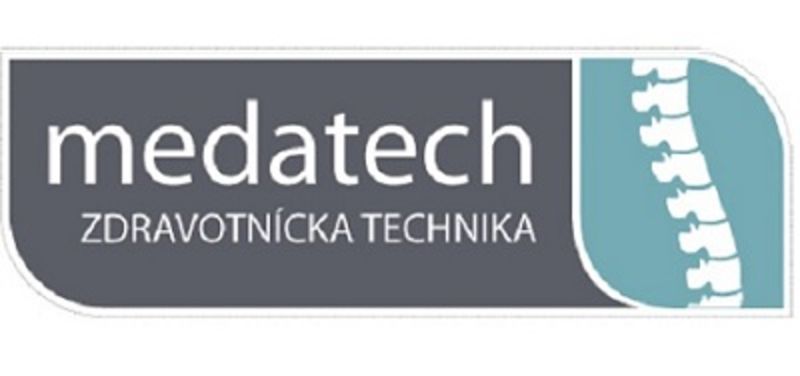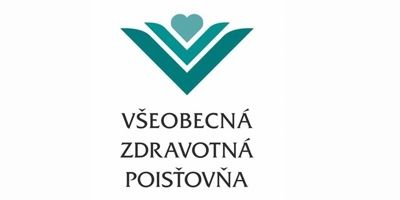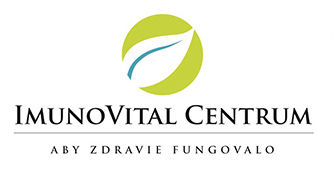McKenzie method
It is a rehabilitation method originating in New Zealand. Nowadays it is very widespread and is recognized worldwide as one of the best methods of treatment of spinal and limb disorders. Its author is Robin McKenzie, a physiotherapist from New Zealand, who developed the basics of this method during his lifetime.
The therapeutic effect of this method is based on the principle that the underlying cause of spinal pain is mechanical in nature and can be resolved in a mechanical way. Let us take an example from ordinary life in which we make perhaps 300 spinal flexions in the course of a day, but not a single spinal curve. Sometimes we sit for hours in a flaccid sitting position, but we forget to stretch. The imbalance of movements during the day and staying in flaccid positions puts a lot of pressure on the spine and can consequently cause problems in some parts of the spine. The imbalance of movements will create mechanical pressure or blockage of segments in the most stressed parts of the spine and consequently we may experience stiffness, pain and in extreme cases radiating pain into the limbs.
The basis of the examination and subsequent therapy according to the McKenzie method is a purposefully taken medical history, which will exclude possible contraindications to treatment and also guide the therapist in the choice of therapeutic exercises. This is followed by a functional examination of the musculoskeletal system and an exploration of specific repetitive movements, most often to restricted motion, and their impact on the patient's symptoms. After the examination, a single targeted exercise is usually set for the patient to perform in the home environment at a given frequency. Often, the patient's repetitive movement in a given direction is sufficient and the therapeutic effect will occur even without the therapist's assistance. Only in rare cases does the therapist need to intervene and increase the force applied to the segments by targeted mobilization to release the blockage.
In addition to adherence to the prescribed exercises, it is also important during treatment to educate the patient about the temporary limitation of activities that aggravate the condition. After cure, the patient is advised to follow preventive measures to avoid recurrence of the problem. The advantage of this method is that it teaches the patient to understand his problem, teaches him independence from the therapists through self-therapy and helps him to gain control over his condition.
Bc. Martin Benko









